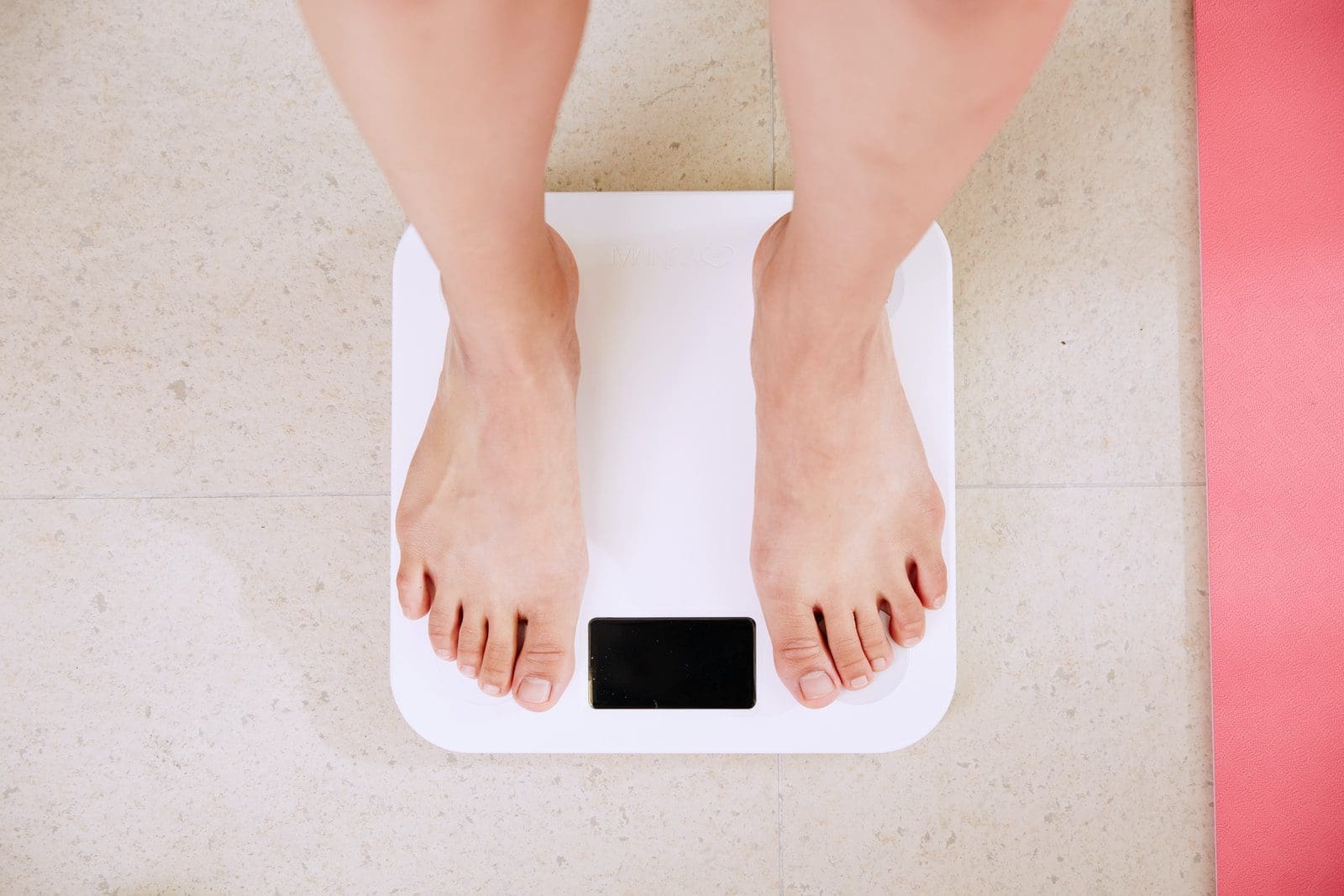
Losing weight is a tricky target to achieve, especially if not done right with the help of a nutritionist or a dietitian. Every morsel can be frustrating if the numbers on the scale don’t go down. Well, losing weight is not merely about losing pounds. It has to do a lot more with feeling happy, fitter, and healthier both on the inside and the outside. More often than not, we struggle to find reasons contributing to repeated failure in weight loss. However, there are commonly riveting reasons faced by a lot of people for not losing weight. Let’s see what they are:
Imbalanced diet
Sometimes, our body needs more proteins than carbs or vice versa. Sometimes, we need intermittent meals or maybe more than a dozen short meals a day. We must become more aware of what our body requires and wants for healthy shredding in such situations. All nutrients and vitamins must be present in adequate amounts for rejuvenation and supplementation of minerals much needed during weight loss.
Calorie deficit
A popular and sure-shot way to lose weight is to follow a calorie deficit. That is to burn more than one consumes. When performed right, a calorie deficit can contribute to a massive chunk of weight loss and, if committed wrong, can do more harm by making one look malnourished and unhealthy.
Exercise
Are you exercising for at least 45 minutes? Is the exercise cardiovascular in nature that makes you sweat and your heart beat faster? Usually, one hits a plateau in weight loss due to a lack of cardiovascular exercise like jogging, cycling, swimming, etc.
Not eating whole foods
Whole Foods are foods closer to nature and far away from the high saturated diets we consume. These are nuts, fibers, dairy products, etc. Whole foods regulate appetite, make you feel hungry less often, and aid in weight loss.
Binge-eating
Binging on healthy food is as harmful to weight loss as eating junk. Our body is neither used to nor should it be subjected to rapid, large amounts of food. Even when deemed healthy, calories count.
Not drinking enough water
Drinking water at a specific time during the day is said to aid in weight loss. In one 12-week weight loss study, people who drank half a liter (17 ounces) of water 30 minutes before meals lost 44% more weight than those who did not. So, people, drink up!
Check for medical conditions
Conditions like PCOS, Sleep Apnoea, Hypothyroidism often become trembling stones to the path of weight loss. Before starting your journey, these rigidities should be kept in mind and should make you more determined to lose weight rather than cause a slow demise to your motivation.
Not sticking to an eating schedule
Skipping meals? Eating in erratic patterns? Eating healthy is inconclusive to weight loss until it’s paired with when you eat right. Forming a body clock is equally vital for the body to know when it shall be fed and when it is healthy to expect a particular kind of food.
Big, small, smaller
It is said that breakfast should be the heaviest meal of the day, this is because our body has the highest metabolism rate in the morning as compared to the other parts of the day, and it breaks down the food faster, providing more energy more quickly!
 Lack of sleep
Lack of sleep
Sleeping is an underdog when it comes to weight loss. Lack of sleep can affect hormones which ultimately affects metabolism. A study presented at the North American Association for the Study of Obesity found that those who got less than four hours of sleep a night were 73% more likely to be obese than those who got the recommended seven to nine hours of rest.
Skimping on proteins?
Proteins are your building blocks for healthy muscle tissues. Not only does it define your body, but it also regulates ghrelin, drastically reducing the desire for snacking.
There are no fixed formulae for weight loss as such. Weight loss is a highly individualized and subjective process that requires immense focus and dedication coupled with proper research and understanding of one’s own body needs. However, the results are often worth the pain. Always remember, weight loss is not a seasonal practice, neither are diets. These should be sustainable and should be inculcated as a way of life.
About the Author – Khushi Singh is a final-year student at Manipal Institute of Communication.




Be the first to comment